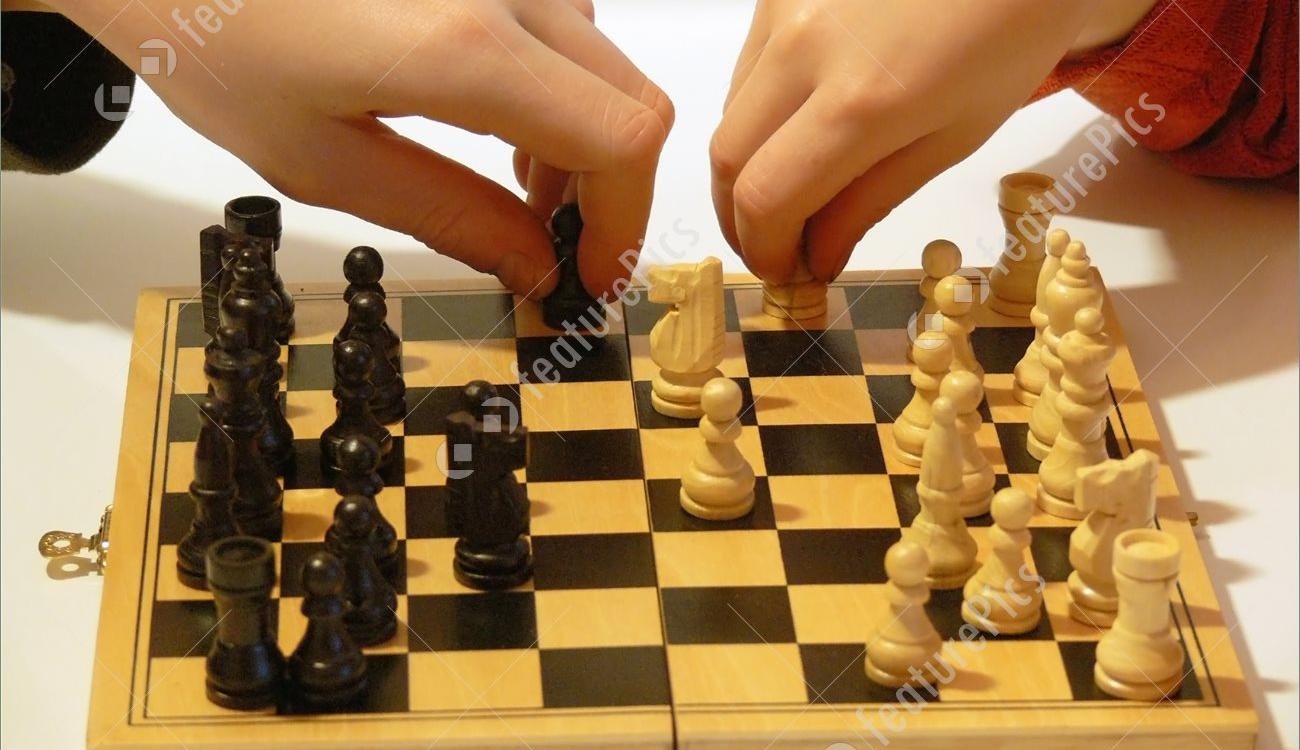
3 Ways to Motivate Yourself for Chess Training
As I was flying back to Sydney, bobbing my head to Eminem's 'Revival' album, I started thinking to myself about how I could best encourage my students to do the difficult work, the 'deliberate practice' that makes one a stronger chess player.
When I was trying to improve significantly as a player, I noticed I would go to one extreme (working too much on chess, at the expense of other important things) to the other (getting frustrated or tired with chess and needing a break).
In some ways, this post is a bit ironic, given I've decided to focus on coaching/writing and to only play for fun (holiday destinations preferred ![]() ). But earning the Grandmaster title taught me a few things about staying focused, engaged and motivated, and I'd like to share those tips here.
). But earning the Grandmaster title taught me a few things about staying focused, engaged and motivated, and I'd like to share those tips here.
1) Remember why we started playing in the first place
We can think back to our initial enthusiasm when we first learned the rules. In my case, it was seeing two old men playing on a giant chess set in Salzburg, Vienna, as an impressionable 6-year-old touring Europe with my parents. We may then compare that with our passion for chess in the present. Perhaps we have become too focused on results (I know I have), and need to take a step back and enjoy the learning process for its own sake.
2) Show gratitude and appreciation
On the simplest level, we can do this just for chess. We might remember all the amazing people we met through chess, the great experiences, the countries we've travelled to for chess tournaments, and all the things we might never have learned were it not for chess.
(On an unrelated note, I noticed that many players think that chess has minimal practical application to life. I've found chess has taught me a large percentage of the skills needed to be successful in life and has given my life meaning and purpose, but that's a subject for another post.)
Of course, when we lose a painful game (e.g. we were swindled from a winning position), we tend to exaggerate other problems, so in this case, it may be best to show gratitude and appreciation for the non-chess things in our life, to remind ourselves that losing a game of chess does not make us a loser in the game of life.
3) Look at or solve some beautiful chess positions
I know I feel a great sense of pride and pleasure whenever I solve an endgame study (a composed position where one must find a series of exact moves to achieve a win or draw). Granted, this may be too difficult a task for many readers, who may prefer to just play through the solution, figuring out along the way why other moves aren't sufficient for the opponent to achieve a favorable outcome.
For beginning players, even seeing simple tactics will produce great joy. You can solve such puzzles on Chess.com's Tactics Trainer - ideally solving by theme and difficulty in the new 'Unrated (Custom)' solving feature. I'd recommend that serious students download each puzzle they solve. Then, when they have solved several hundred, they can 'drill' the puzzles several times, as recommended in the recent 'Woodpecker Method' book.

Thanks for reading this post, and I hope it has given you some added enthusiasm toward working on your chess, and enjoying the games you play! There is far more I could say, but sometimes less is more ![]()
PS Make sure to check out Vinniethepooh's recent blog post: https://www.chess.com/blog/vinniethepooh/my-performance-at-the-1st-ccc-all-india-online-blitz-chess-championship
